Industrial hemp is making a comeback in Wisconsin; but there's a problem: 'We don't have seed'
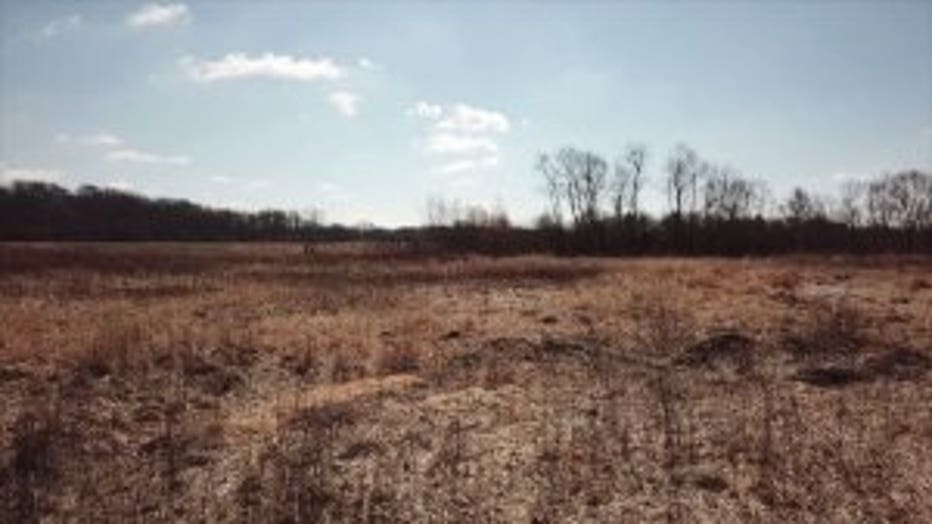
JEFFERSON COUNTY -- Industrial hemp is making a comeback in Wisconsin. The crop can be used for plastics, fibers and fuel, but it's often mistaken for marijuana. Now, there is confusion over whether farmers can buy their seed legally.
A hay field in Jefferson County may soon be transformed into something Wisconsin hasn't seen in about 70 years.
"A big industrial hemp field," said Darlene Zautner, owner.
Zautner is among the first in the state to apply for a new pilot and research program that will allow farmers to grow and sell industrial hemp.
"It should grow really well here. It has full sun," said Zautner.
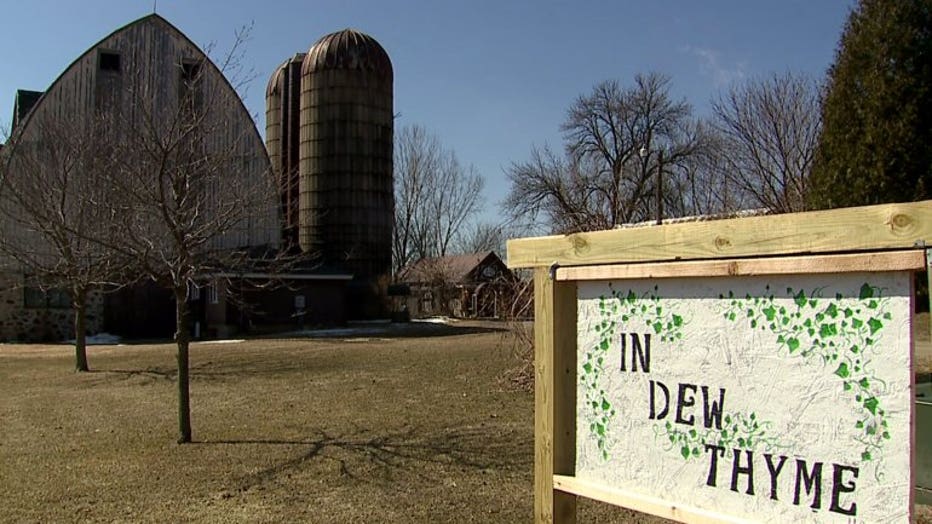
Darlene Zautner's farm store
Zautner plans to sell the CBD oil she extracts from the plants in her farm store -- where she makes her own lotions, medicinal salves and shampoos.
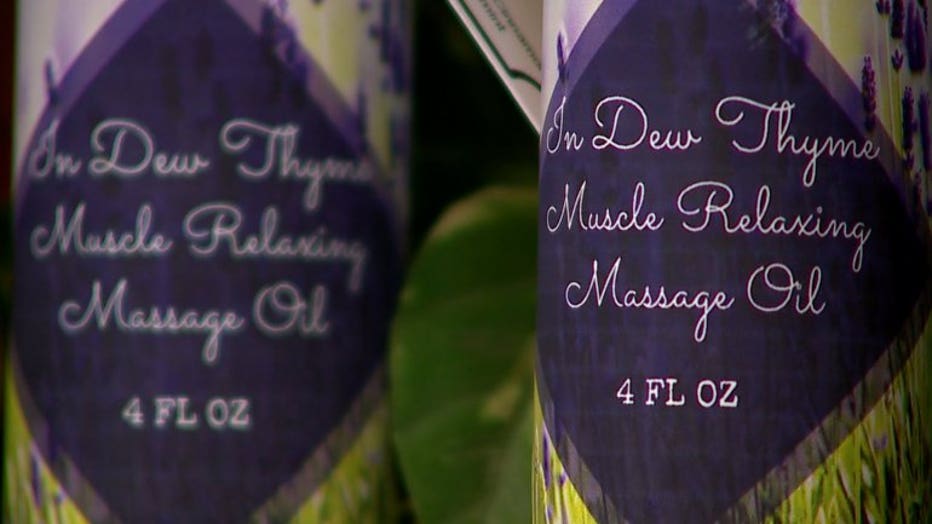
Darlene Zautner's farm store
"The hemp is excellent for the skin and the hair, and I'd like to add that to my products," said Zautner.
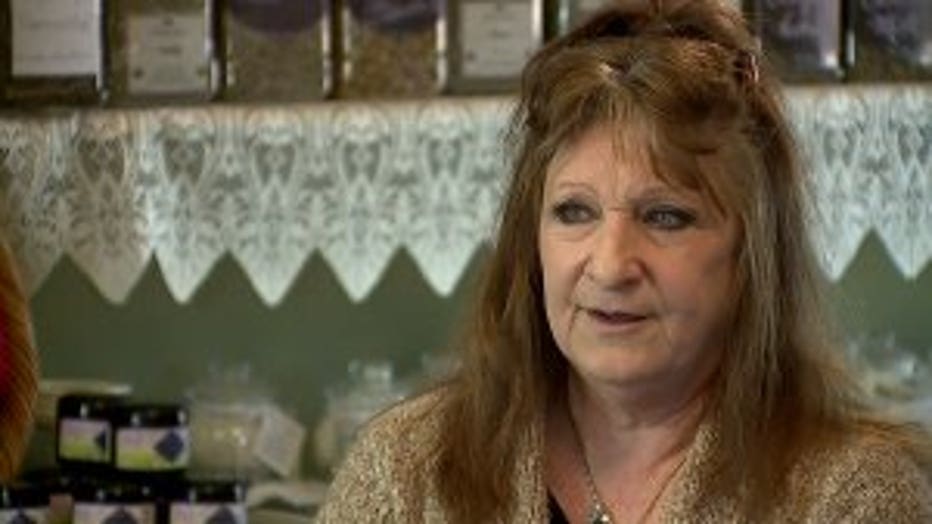
Darlene Zautner
Wisconsin was once among the greatest producers of industrial hemp in the nation. Demand soared during war time, when it was used for rope and twine. When World War II ended, it became cheaper to import foreign fibers. It was industrial hemp's identical appearance to marijuana and a crackdown on illegal drugs that finished it off.
"You can only tell through a lab test what is industrial hemp and what is marijuana," said Melody Walker, Wisconsin Department of Agriculture, Trade and Consumer Products plant, pest and disease manager.
At Wisconsin's first annual "Hemp Expo" in Milwaukee, Walker explained that despite its appearance, industrial hemp can't be used to get high.
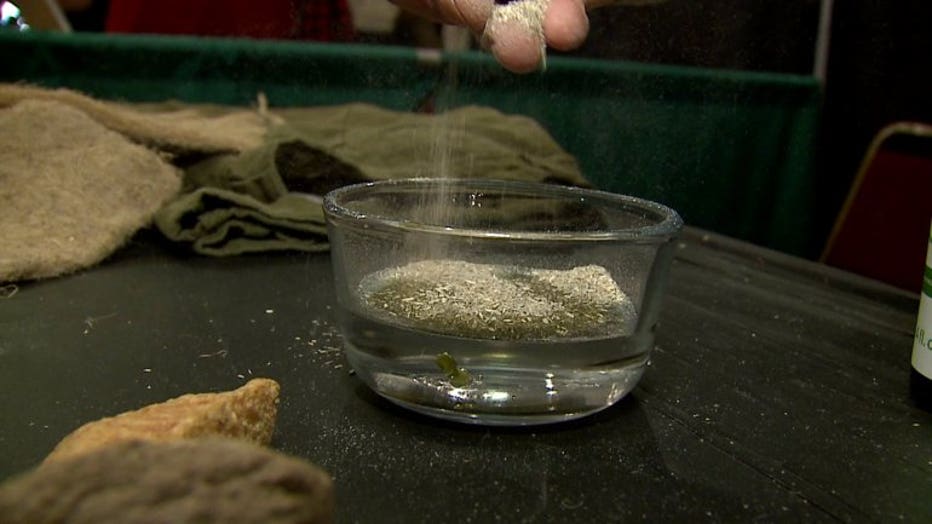
"The THC content, which is the psychoactive part of the plant, is below 0.3 percent," said Walker.
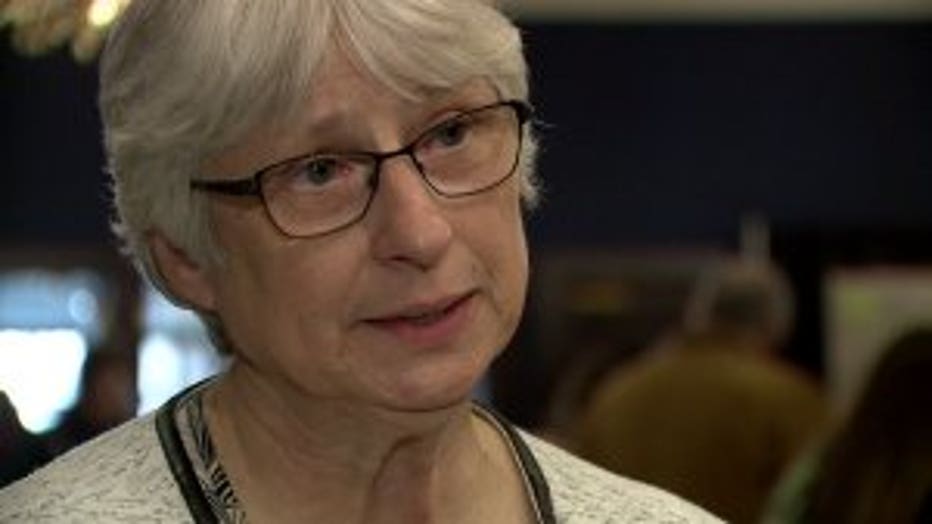
Melody Walker
A variety of the cannabis plant, industrial hemp is still on the DEA's list of controlled substances. That means farmers who apply for a license must go through a background check and submit their crop for annual testing.
"We will have lots of checks and balances in place," said Walker.
Zautner said she's aware her new hemp field may turn some heads.
"They're gonna think it's a pot field. That's what they're going to think," said Zautner.
That's not her concern, though.
"We don't have seed," said Zautner.
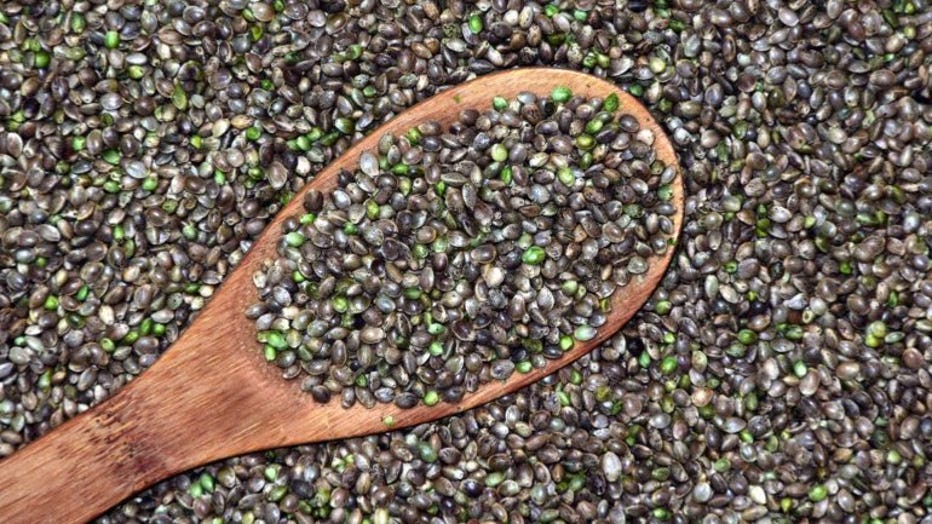
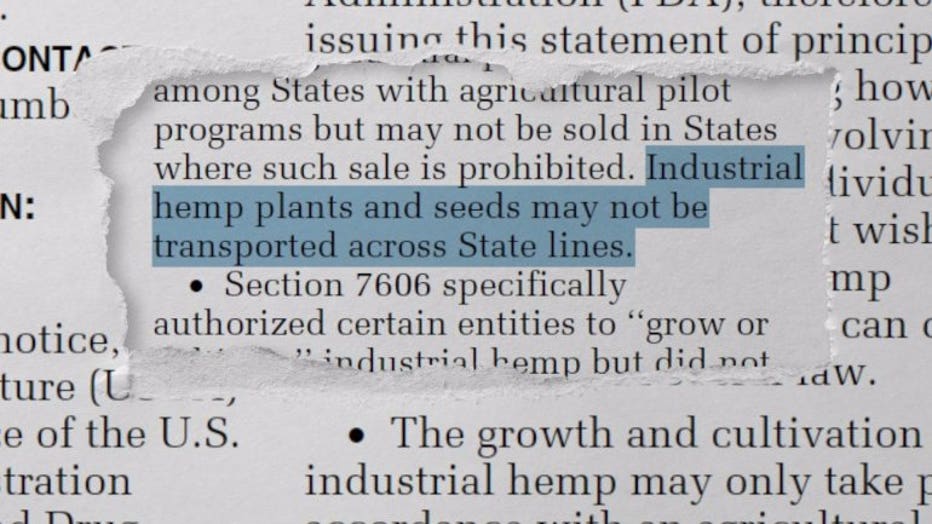
Here's where some farmers may get discouraged. Right now, it's unclear whether they can buy hemp seed without running into legal trouble.
"It's illegal to bring it across the state line," said Zautner.
The 2014 USDA Farm Bill allowed states to start growing hemp again as part of research projects. Two years later, the USDA and DEA made a rule that "industrial hemp plants and seeds may not be transported across state lines."
"So do it at your own risk," said Zautner.
The Wisconsin DATCP said there are no known sources of hemp seed in Wisconsin. The DATCP is seeking a permit that would allow the state to import seed, but it hasn't been approved yet.
"The state is OK with it, but it's at the federal level," said Zautner.
The rule directly contradicts an act passed by Congress that prohibits the government from using any funding in the federal budget to prosecute someone moving hemp across state lines, so long as its under the Farm Bill's industrial hemp program. That said, prosecution isn't impossible.
"Everything's just not quite organized yet. It's new, and we're all learning, along with the state. They're learning, too," said Zautner.
Despite the confusion over seed, Zautner is optimistic about what growing hemp could mean for small Wisconsin farmers.
"I think it's going to be great," said Zautner.
The Wisconsin DATCP says it will not prosecute anyone for moving hemp seed into Wisconsin. It joins other states in asking the federal government to change its law -- and says concerned farmers can get a license this year and wait to plant until next year, but a law enforcement source says farmers then won't be able to sell their industrial hemp without registering with the DEA first.
The deadline for applications is May 1.

